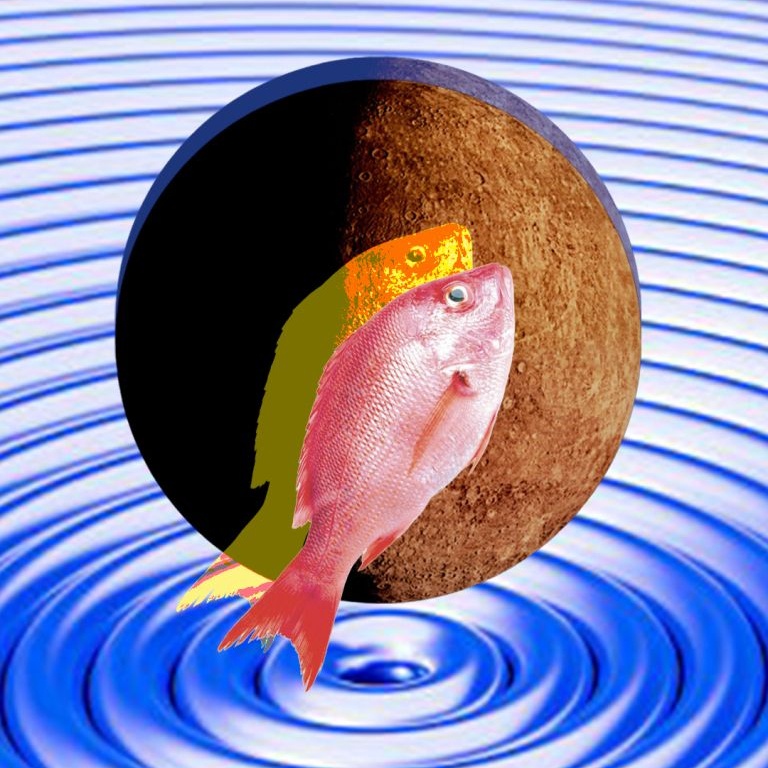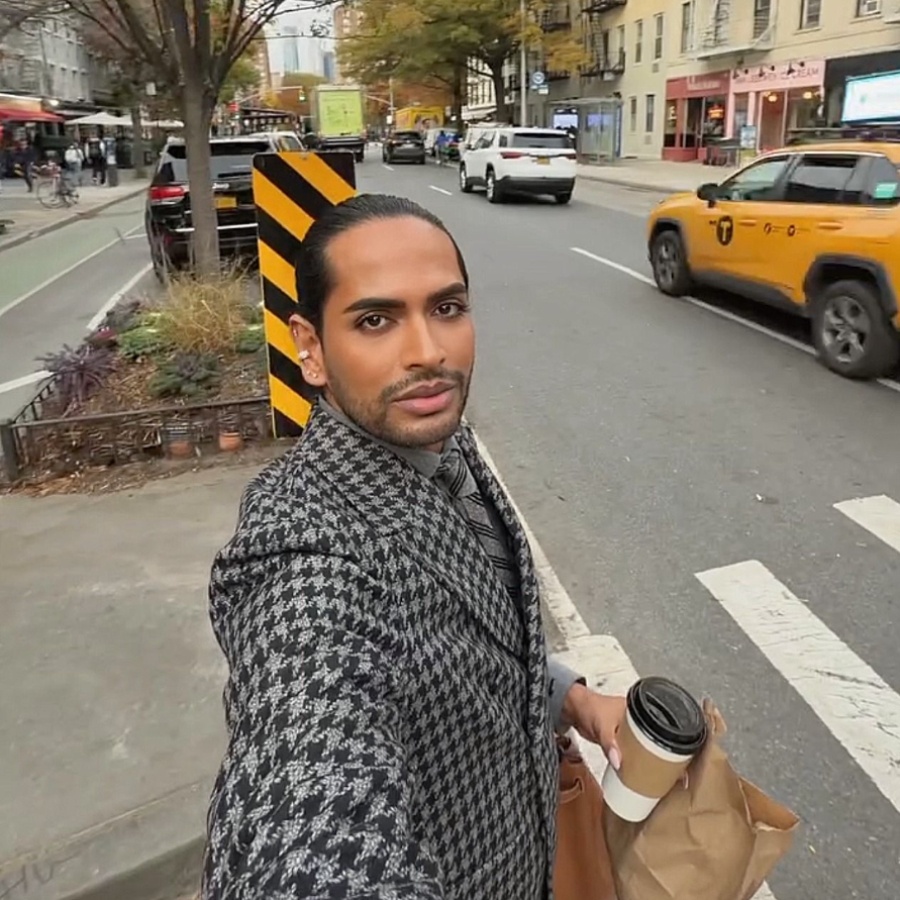It’s 10 pm and this article is due at 9 am tomorrow. I’ve known about this deadline for about a week, but I was searching for the right words and way to structure this story. It wasn’t that it escaped my mind or that I was intentionally putting off filing this piece. In fact, I thought about it, constantly, guiltily, while flying from London to New York, while getting ready for a busy week of events, and even while making lunch for my 10-month-old.
Sound familiar? If you are a procrastinator, you’re not alone, and more importantly, you’re not broken.
In a world obsessed with instant everything—ChatGPT responses in milliseconds, food delivered in minutes, flights booked at our fingertips—we’ve lost something fundamentally human: the art of waiting, pondering, and letting ideas marinate. We’ve been conditioned to see procrastination as a form of experiential avoidance, or trying to escape feelings like fear, shame, self-doubt, and emotional exhaustion. But what if procrastination isn’t the enemy of productivity but rather your secret weapon for staying authentically human in an increasingly automated world?
As psychologist Mary Lamia explains in her book What Motivates Getting Things Done, procrastinators and non-procrastinators simply operate on different emotional timelines. What looks like avoidance on the surface could be deep mental processing underneath.
I am the type of “envelope writer” that Lamia describes: “Most of the thinking you’ll need to do is informal, what I call back-of-the-envelope planning—the kind of thing you do literally on the back of an envelope or napkin in a coffee shop with a colleague as you’re hashing out the agenda and structure of a sales presentation.” In both my experience and Lamia’s research, this approach yields maximum output with minimum energy. Whether I’m writing a grocery list or seeking inspiration on the subway, I often find scraps of paper in my purse or pull up my Notes app to jot down thoughts. To me, this ensures my ideas are preserved for later, when I’m ready to expand on them.
Procrastination gets a bad reputation in our culture. However, research shows that moderate procrastination can foster creativity when people have intrinsic motivation and opportunity to generate new ideas. Procrastination gives you time to consider divergent possibilities, to think in nonlinear ways, and to make unexpected leaps, offering a crucial counterbalance to our rush-to-completion culture. When used correctly, procrastination becomes an asset, not a flaw.
According to Kristin Papa, a licensed psychotherapist and founder of Living Openhearted Therapy and Wellness, many people put immense pressure on themselves to be productive or efficient, so it can be helpful to reframe procrastination as permission to rest and slow down.
“I often tell my clients who have high-functioning anxiety and perfectionistic tendencies that procrastination might actually be a tool to allow them to pace themselves,” she shares. Learning to pace ourselves based on our capacity and priorities helps us recognise that sometimes procrastination allows us to make space for what we truly value instead of providing an immediate response.
Moderate procrastination is our brain’s way of finding other possibilities and promotes neuroplasticity, or our brain’s ability to make neural connections, when we’re feeling stuck.
According to Shilpa Shah, founder and clinical director at Woodrose Counseling, procrastination can serve as a temporary detour allowing for creative problem-solving when our prefrontal cortex is overwhelmed or overloaded. She notes how it can enable reprioritising of tasks on our to-do lists: “It allows for reflection and flexibility, which can improve overall resilience necessary to tackle problems."
The key distinction: when procrastination turns chronic, individuals can find themselves avoiding the task at hand and, in turn, avoiding uncomfortable feelings like fear, anxiety, frustration, boredom, or self-doubt.
Psychology scholar Joey Florez has observed how many creative professionals report that stepping away from a project or “waiting until the last minute” actually allowed their brain to incubate ideas in the background. This downtime can lead to unexpected insights or more innovative solutions that wouldn’t surface if they forced themselves to finish too early. Though this approach doesn’t work for everyone, Florez notes an important cultural shift needed: “As a culture, we tend to glorify productivity and busyness, which makes procrastination look like laziness or a moral failing. To shift our mindset, we need to normalise the idea that people work differently, and that ‘optimal productivity’ doesn’t look the same for everyone.”
For those who perform well under pressure, there is nothing inherently wrong with procrastination. It’s humanising and can be used as an asset when approached intentionally. In our hyper-accelerated world, perhaps the most radical act is simply giving yourself permission to think, to wait, and to trust that your mind knows what it’s doing, even when you’re not actively “doing” anything at all.
The next time you find yourself putting something off, pause before the self-criticism begins. Ask yourself: Am I avoiding this task out of fear, or is my brain quietly working on it in the background? Sometimes the most productive thing you can do is absolutely nothing at all.







